About Ceftum Tablet 4’s
Ceftum Tablet 4’s belongs to the class of antibiotics known as cephalosporin indicated for the treatment of a wide range of bacterial infections. It helps in the treatment of urinary tract infections (UTI), Mild to moderate lower respiratory tract infections (bronchitis), severe lower respiratory tract infections (pneumonia), pyelonephritis (kidney inflammation due to the bacterial infection), uncomplicated gonorrhoea (sexual transmitted infection), Lyme disease (caused due to bite of infected blacklegged tick insect) in adults and children above 12 years of age.
Ceftum Tablet 4’s is a broad-spectrum antibiotic that kills a wide range of bacteria (bactericidal). It kills the bacterial cell by binding to the outer layer of the bacteria and blocking the activity of the enzyme that makes peptidoglycan (a vital component of the bacterial cell wall). As a result, the bacterial cell is not able to grow and multiply and finally gets killed.
You should take Ceftum Tablet 4’s only if your doctor has prescribed you. Tablet form of Ceftum Tablet 4’s tablet can be taken with or without a meal, but the suspension of Ceftum Tablet 4’s should be preferably taken with meal. Ceftum Tablet 4’s is available in various forms as oral tablets, oral suspension, and injections. Most of the bacterial infections get treated within one week while some conditions might take a longer time. So, you should try to complete the dose which your doctor has prescribed you for the specific bacterial infection. During the treatment with Ceftum Tablet 4’s, you may observe some mild and transient nature of common side effects like headache, dizziness, stomach upset, or overgrowth of candida (fungal skin infection), unpleasant taste in the mouth, diaper rashes, and eosinophilia (increased disease-fighting cells WBCs). These side effects are usually in the initial phase and then resolve after some time. However, if these side effects persist let your doctor know about this.
Over dosage of Ceftum Tablet 4’s can cause brain problems (cerebral irritation with fits or convulsions attack). There is no clinical evidence of a Ceftum Tablet 4’s effect on the mother or baby during pregnancy. However, one should take Ceftum Tablet 4’s with caution. However, Ceftum Tablet 4’s is a pregnancy category B drug and has shown no harmful effect on both pregnant mother and fetus. Ceftum Tablet 4’s is excreted in the breastmilk, so the nursing mother should cautiously take Ceftum Tablet 4’s. This antibiotic may cause dizziness, so patients should be cautious while driving a motor vehicle or operating machinery.
Ceftum Tablet 4’s is not recommended for people who are allergic or hypersensitive to Ceftum Tablet 4’s, penicillin, or other beta-lactams antibiotics. In the initial stage of the treatment, you might have diarrhoea and abdominal cramps due to loss of gut flora (good intestinal/gut bacteria that aids digestion). So, the doctor may prescribe you prebiotics or probiotics for increasing the number of gut flora. You can drink alcoholic beverages while taking amoxicillin, as it does not interact with Ceftum Tablet 4’s. Liver and kidney affected people should take Ceftum Tablet 4’s with caution.
Uses of Ceftum Tablet 4’s
Bacterial infections
Directions for Use
Storage
Store in a cool and dry place away from sunlight
Side Effects of Ceftum Tablet 4’s
During the treatment with Ceftum Tablet 4’s, you may observe some mild and transient nature of common side effects like headache, dizziness, stomach upset, or overgrowth of candida (fungal skin infection), unpleasant taste in the mouth, diaper rashes, and eosinophilia (increased disease-fighting cells WBCs). These side effects are usually in the initial phase and then resolve after some time. However, if these side effects persist let your doctor know about this.
In-Depth Precautions and Warning
Drug Warning
Special care should be taken by the people taking Ceftum Tablet 4’s who have allergic reactions to penicillin or other beta-lactams antibiotics. As use with other antibiotics may lead to skin fungal infection known as Candida. Prolonged use of Ceftum Tablet 4’s may also cause an overgrowth of other pathogens (like enterococci and Clostridium difficile), which can be prevented by stopping Ceftum Tablet 4’s. The case of colitis (inflammatory bowel disease) has been reported with the use of Ceftum Tablet 4’s. Hence, it is important to consider the proper diagnosis of the patients who developed diarrhoea after taking Ceftum Tablet 4’s. If the symptom of diarrhoea persists for a longer duration, the patient may experience abdominal cramps. In this situation, the intake of Ceftum Tablet 4’s should be discontinued immediately. The Jarisch-Herxheimer reaction (caused due to toxins released by the death of bacteria within the body during antibiotic treatment) has been seen in the patients taking Ceftum Tablet 4’s for the treatment of Lyme disease. Your ability to perform tasks that require judgment, cognitive, or body movement may be affected and you may have dizziness. So patients taking Ceftum Tablet 4’s should be warned to be cautious when driving or operating machinery.

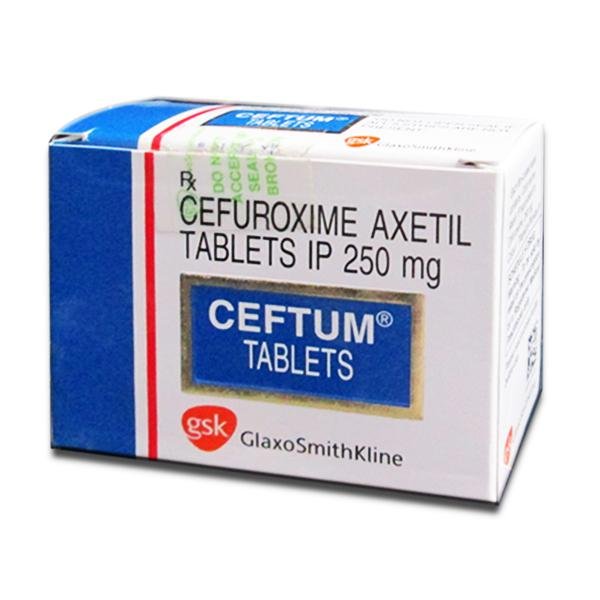
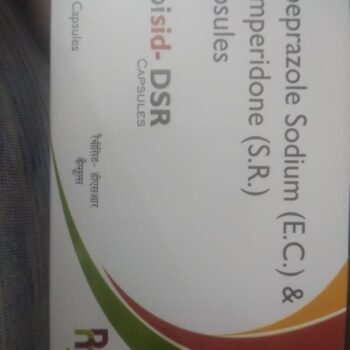

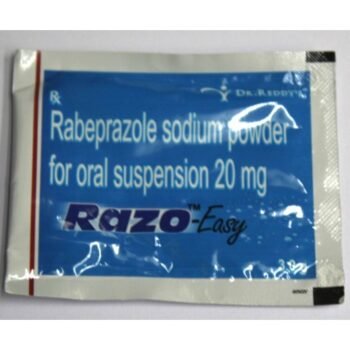

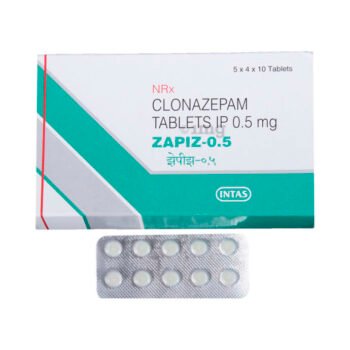
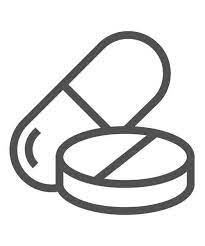
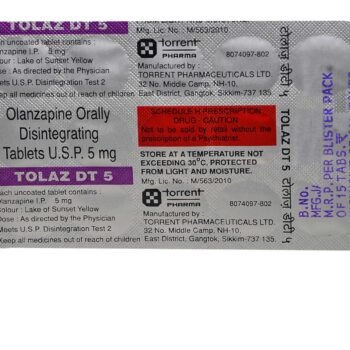


Reviews
There are no reviews yet.